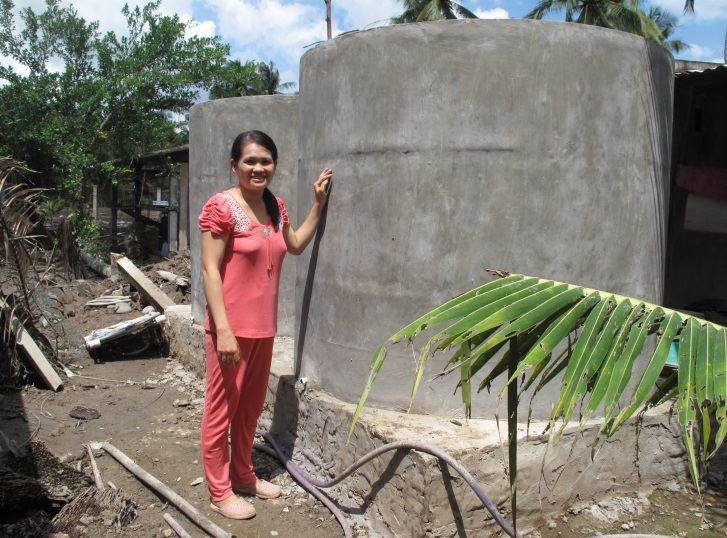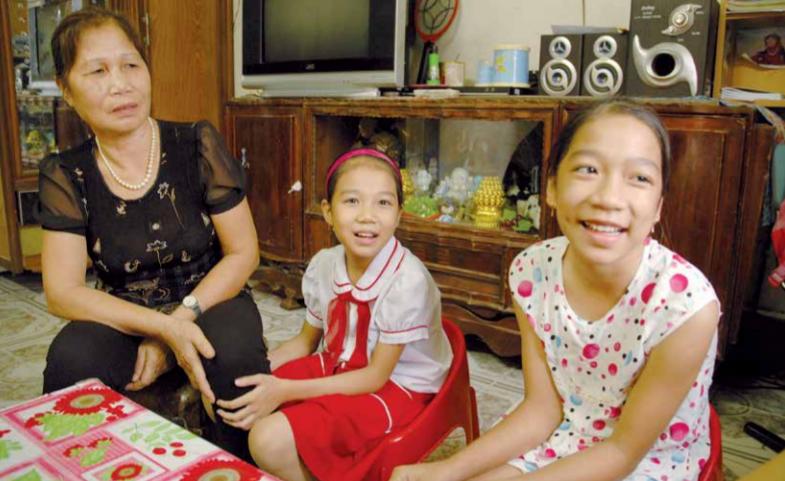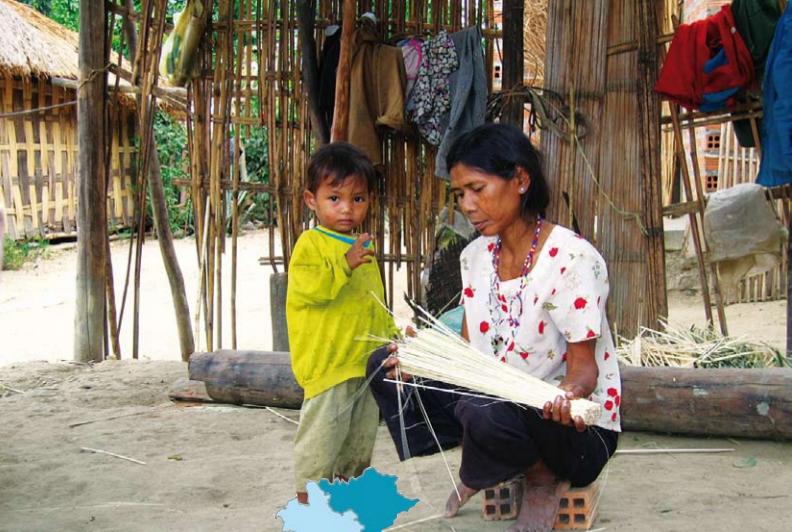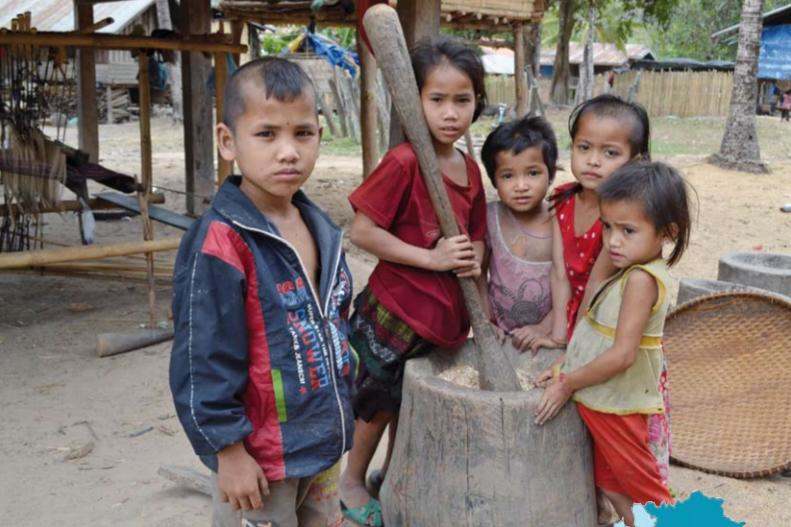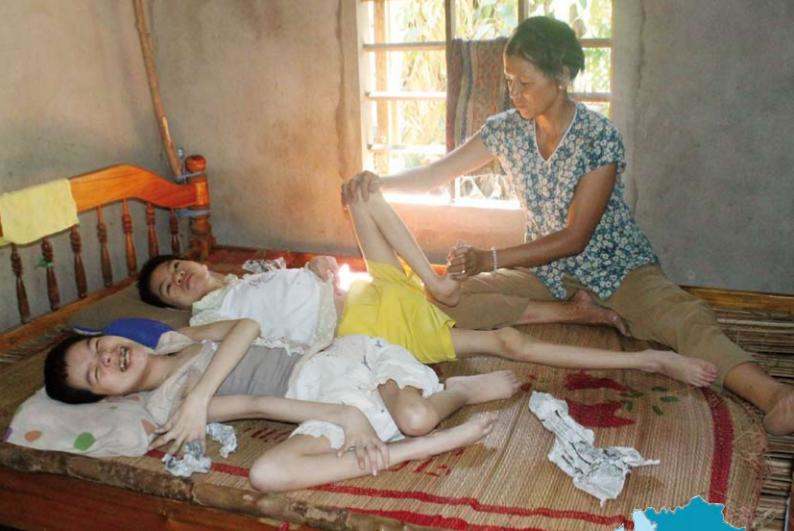Background
Southeast Asia is one of the regions that will soon be severely affected by climate change. All throughout the region farmers are complaining that the rainy seasons have become more unpredictable and often bring too little rain too late, leading to misharvests.
The combined effect of less freshwater runoff from the Mekong river, due to upstream dams, and rising sea water levels is already leading to increased salinization. In Ben Tre province where MCNV has been working for many years this has become an acute problem for many as the famous Pomelo trees have started to wither away.
MCNV’s responses
Climate change will eventually affect all, but the poor and marginalized are hit hardest and soonest. Therefore MCNV pays special attention to help pilot and promote more climate change resilient forms of agriculture in the areas where we work. Sustainable approaches that stop and revert the deterioration of soil fertility and conserve the use of fresh water are among the most important directions. As long as these methods do not require heavy investments which would per definition ‘exclude’ the poor people to benefit from. At the same time, to stabilise the lives of the poor who are seriously affected by drought and salinity, MCNV offers technical trainings and credit for poor women to start up on alternative income generation activities such as on husbandry and handy craft work. Establishment of new cooperative models for poor women based on their traditional professional strengths and market experience is a new approach that MCNV pilots in Ben Tre province. The cooperatives promises to create more opportunities for the poor because it reduce production cost and more effective in labour utilisation.
MCNV has responded quickly and effectively with an initiative to support the poor women to build big water container to retain rain water for their cooking needs in dry season right after the drought and salinity happened in early 2016. Up to September 2016, the revolving loans for water container building has been helping 160 household to build 296 containers which could retain total of 829m3 rain water for live needs in drought seasons. The number of poor households which could build containers will increase in coming year as the loans revolves.
The theme of sustainable agriculture is deeply intertwined with the increasing need of producing safe and nutritious food for growing populations. The massively increasing concern about food safety among the more affluent people in urban areas in Vietnam in fact offers new livelihood chances for poor ethnic minority farmers in organic farming. Their land and soils, if kept healthy and unpolluted, may in future become one of their most valuable assets. Luckily there are signs that the agriculture policy makers might turn away from the customary equation of high technology and large scale solutions with ‘development’, where these are still strongly promoted by global agribusiness and agro-chemical corporations.
MCNV is most strongly developing the theme of ‘Nutrition-Sensitive Agriculture’ among some of the most remote and poor ethnic minority farmers in Laos. These areas are too far from urbanized areas and markets and the emphasis must be on sustainable self-subsistence and improving/ restoring the access to nutritious foods, especially for infants and pregnant women, in a context of deteriorating natural resources /forests.



